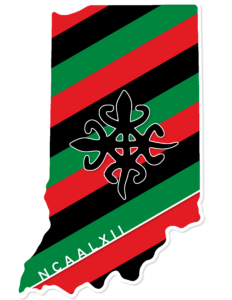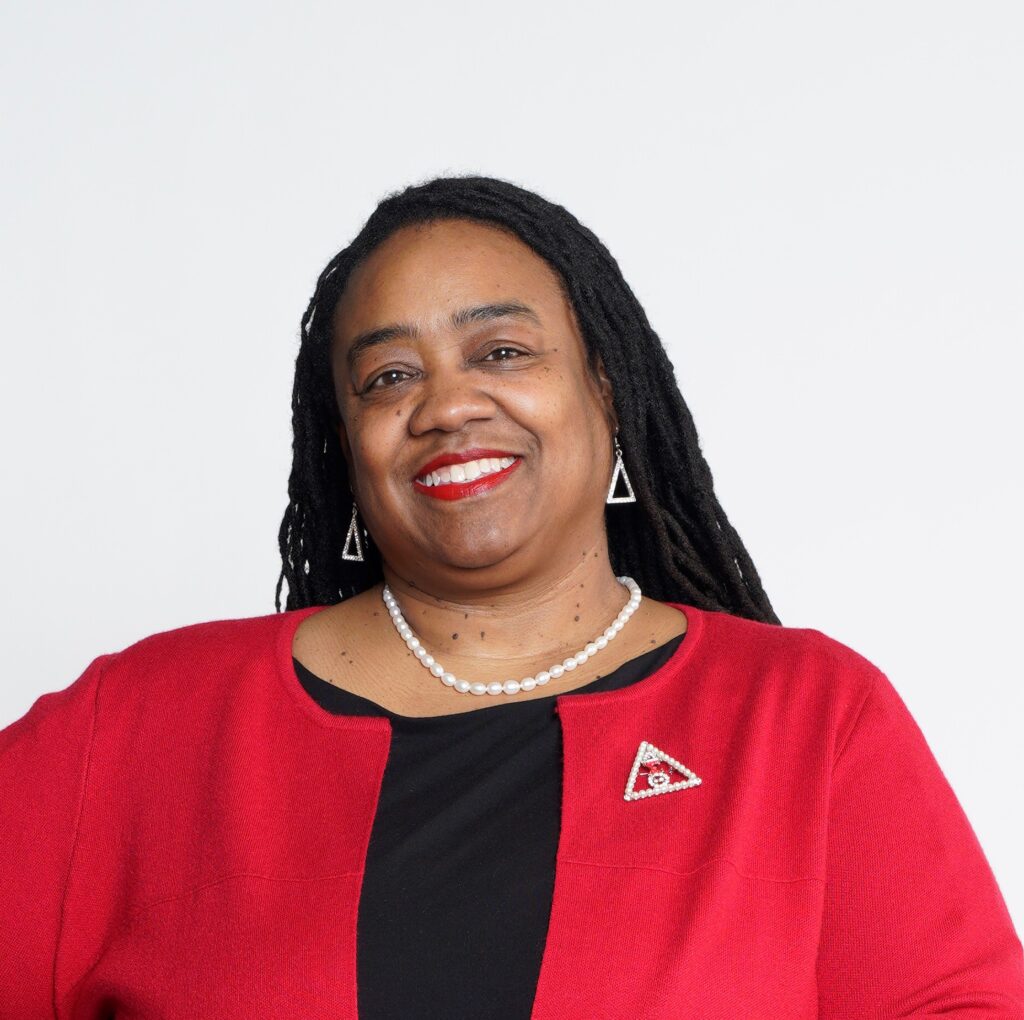The Indiana Black Librarians Network (IBLN) condemns the forced resignation of Indianapolis Public Library (IndyPL) Board of Trustees member, Stephen Lane. Lane, current IBLN Treasurer and Black Caucus American Library Association (BCALA) member, has consistently advocated for library workers during both his time on the board and his time spent as a unionized librarian at IndyPL. Serving as the only librarian on the board, Lane exposed and opposed the undemocratic and wasteful actions of the Board and its current President, Hope Tribble. IBLN endorses the call on all IndyPL workers to organize at this time through IBLN, AFSCME 3395, BCALA, and other affiliated organizations. Only a united workforce can effectuate systemic change at IndyPL.
IBLN exists to empower Black library workers through a stable organization that provides a foundation from which to fight and overcome the inequitable ways in which libraries function. We all deserve better, library workers and patrons alike. When Nichelle M. Hayes was snubbed by the Board in favor of the disgraced Gabriel Morley during the 2022 CEO search, IBLN joined retired and active library workers and patrons, various community organizations, and civic, religious, and other grassroots leaders in calling for Hayes’ rightful appointment.
The same library board that fought against the interests of the community and the library workers forced Lane to resign on April 25, 2024 at the IPS Board of Commissioners Action Session. Lane discovered the morning of the meeting that IPS Board President Angelia Moore slipped onto the agenda calling for Lane’s removal from the IndyPL Board with no due process.
The self-serving corruption of the library board is reflected in toxic work environments wherein staff members routinely report being targeted by higher-ups for harassment, retaliation, and abuse. While library workers were told their tuition reimbursement would not be paid because the program ran out of money, the board spent thousands of dollars hiring IMPD officers to intimidate attendees at board meetings. While branches were told there was no money in the budget for more children’s librarians, the board approved transfers of staffing money to instead pay for cops and consultants with ties to board members.
Over the past few years, we have all seen the clear evidence that libraries–and in particular, IndyPL libraries–are not neutral spaces. Our profession is only 7% Black, indicating an urgent need for library leaders to fight to attract and retain Black librarians. But instead of building up Black workers, or creating space for Black librarians to gain knowledge and experience, what we see are “Black faces in high places,” or a select few Black elites who are handed leadership positions to implement white supremacist and anti-worker policies. The end result is the upholding of an inequitable status quo that keeps libraries as racially homogenous work environments who are all exploited or, in the case of Black librarians and other library workers of oppressed identities, super-exploited. It is not just Black library workers who suffer under this system; all workers who find themselves on the wrong side of an administrator may be targeted for harassment or forced out of their position.
If library workers fail to work together at this moment then the status quo will not improve. The status quo benefits library “leaders” while workers of all races, genders, and sexual identities suffer. Without unity, library workers are kept busy dealing with a toxic culture that fosters division, while money is shifted away from services that benefit workers and patrons in favor of advancing the narrow self-interests of library board members. With this system in place, we are doomed to work in an environment that is steeped in racism, sexism and other harms.
If library workers don’t work together to overcome the divisions imposed on us, if we fail to unite around our common interest in serving the social, cultural, and informational needs of our communities, then we will continue to endure amongst corrupt and incompetent library “leadership”.
As an organization, IBLN will not accept this outcome as our fate. We have absolute trust in the ability of IndyPL workers to realize their power and make the necessary changes to bring about a truly democratic public library for all!
At IBLN, we understand what it means to work together to overcome barriers. IBLN member and past president Nichelle M. Hayes played a significant role in reopening the Paul Laurence Dunbar Library at Oaks Academy Middle School. Hayes worked alongside popular local author Maurice Broaddus to breathe new life into the space. While Tribble was not present, Lane was there to recall the history of the branch, sharing the historical research of Indiana’s first Black librarian Lillian Childress Hall, who first opened the Dunbar library in 1922. This historical research was compiled by IBLN and BCALA member Michele Fenton.
Now is the time for IndyPL workers to reflect on the lessons that can be drawn from these experiences. As we learned in 2021 with the forced resignation of then-CEO Jackie Nytes, Indianapolis Public Library does not need board representation to affect positive change within its organization. Library workers deserve to play a meaningful role in shaping the public library desired with and by the communities they serve. Do these communities want a public library that supports the narrow interests of library leadership over library workers and patrons, or do they want a truly democratic public library where workers at all levels of the organization have a say in what the library is and does?
Please find more information provided by our partner in community, the Indy Liberation Center, regarding decisions to be made at the IndyPL Board meeting hosted on May 20th. This call to action urges library workers to band together in efforts to stand against decisions made on behalf of their organization without their feedback or support. Now is the time to cast our eyes forward and fight for better, freer, and more equitable days ahead.


